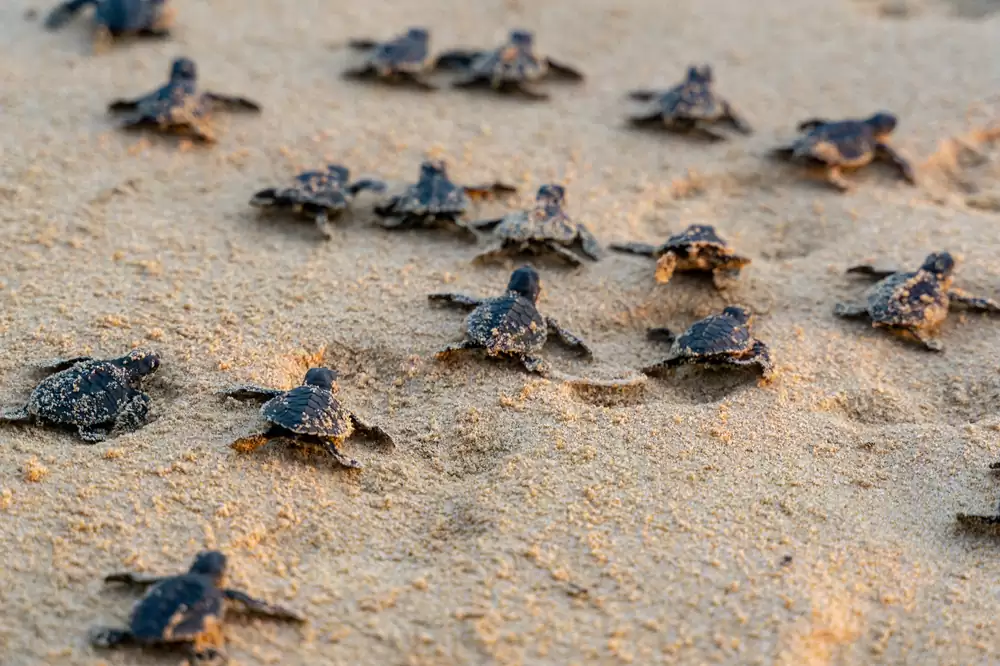EU Launches Innovative Tech Program to Combat Sargassum in Caribbean
European Union (EU) member countries have initiated a program to tackle the escalating issue of sargassum in the Caribbean, particularly in Mexico. The aim is to develop sustainable business models that can address this climate change-induced problem, which is causing significant harm to Mexico's tourism industry.
EU ambassador in Mexico, Gautier Mignot, explained that the EU is exploring solutions to the sargassum problem. This includes the creation of circular economy businesses to address the environmental issue plaguing the entire Caribbean region.
"The sargassum problem won't resolve itself overnight," Mignot said. "The value chains we aim to enhance are currently at the experimental project stage, and they will require a few years to scale up. We are aware that time is of the essence."
In 2023, around 20 tons of sargassum were estimated to have reached Mexican shores. This figure has significantly decreased this year due to weather phenomena.
The EU, which includes territories in America belonging to France and the Netherlands, is keen to promote technological projects that can provide a viable solution to the problem. Mignot explained that European countries, in collaboration with the IP and the European Investment Bank, are exploring technological solutions for processing sargassum in the Caribbean.
"Sargassum is a problem that's here to stay. We need to find solutions that go beyond simply collecting and storing it," Mignot added.
The EU recently held a forum in partnership with Mexico to discuss the impact of sargassum, including the 11.6 percent drop in the GDP of Quintana Roo over the last decade, and to explore emerging projects seeking technical assistance and funding.
The forum's goal, according to Mignot, is to prepare Mexico for a regional meeting in Granada. Here, all Caribbean countries will discuss potential sustainable guidelines in cooperation with Europeans.
Several experimental projects in Mexico are exploring ways to process sargassum into a usable product. One such project is The Seas We Love, which aims to collect sargassum from the high seas for processing. Supported by the EU, this initiative is exploring the potential of generating biofuels from sargassum, which could be used in aviation as Sustainable Aviation Fuel generators.
Researchers from the Autonomous University of Coahuila are also working on projects to produce sargassum-based additives that could enhance the protein content of food or be used in yogurt production. "There are many potential uses for sargassum in agriculture and cosmetics. The challenge is to accelerate the development and scaling up of these projects," Mignot concluded.











